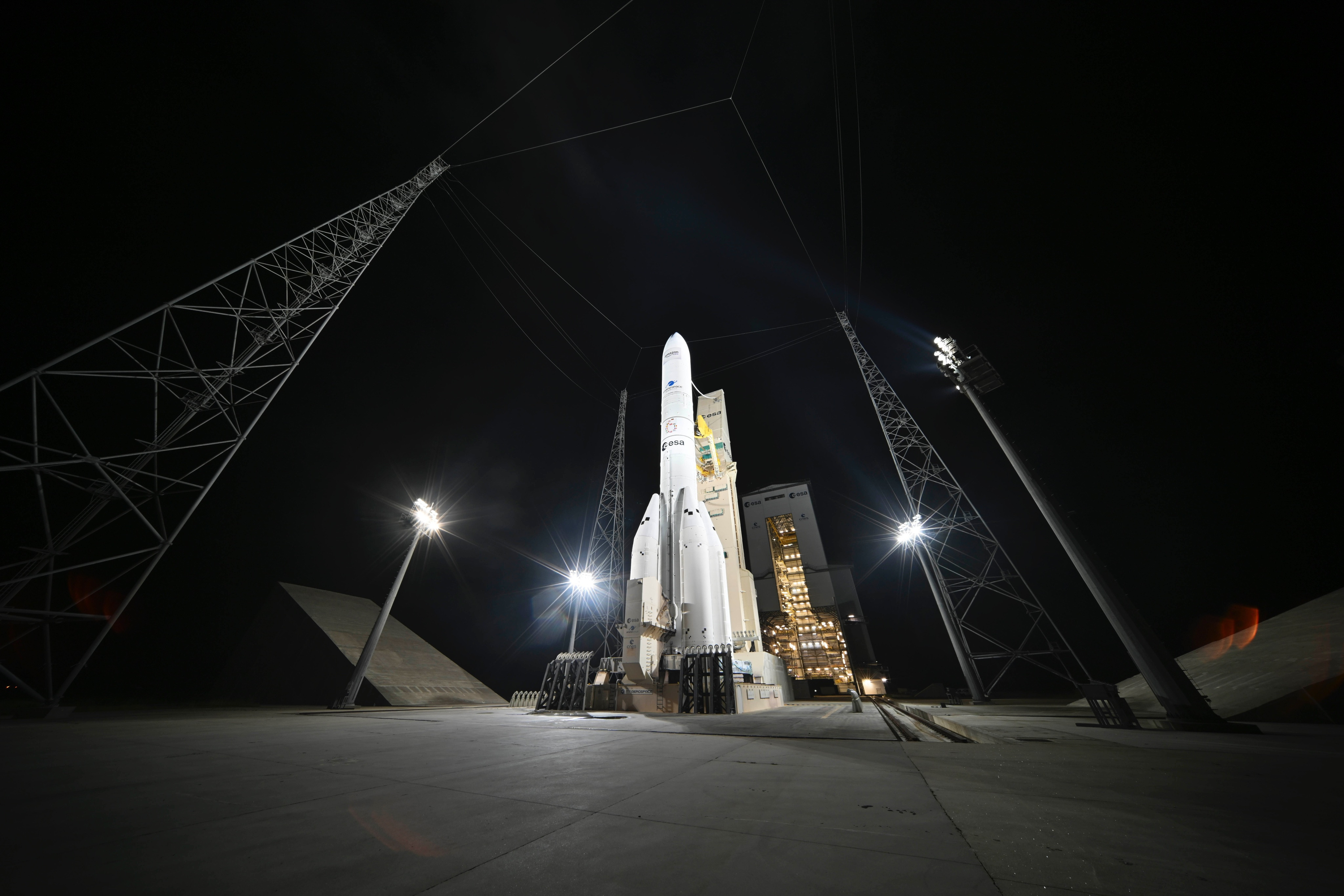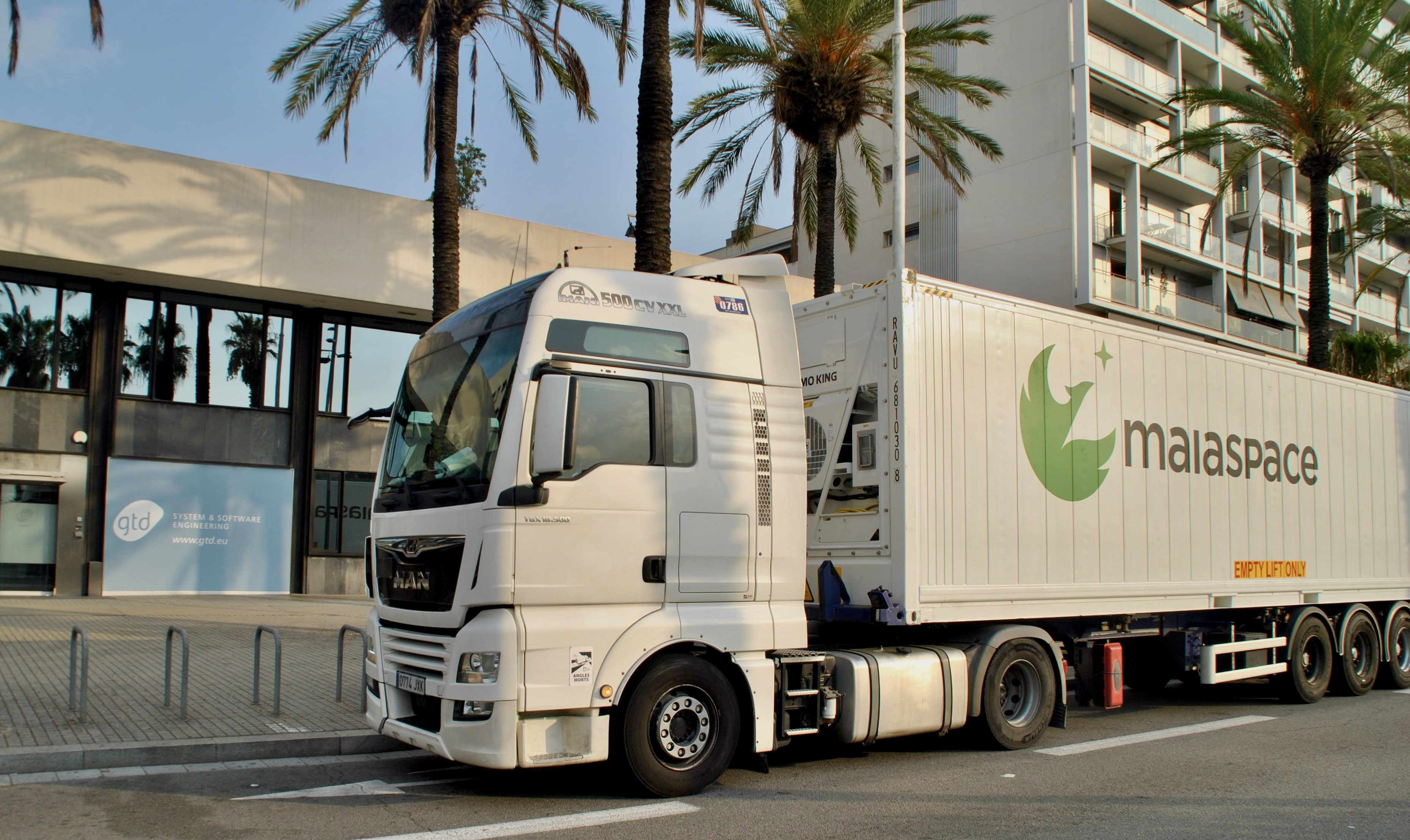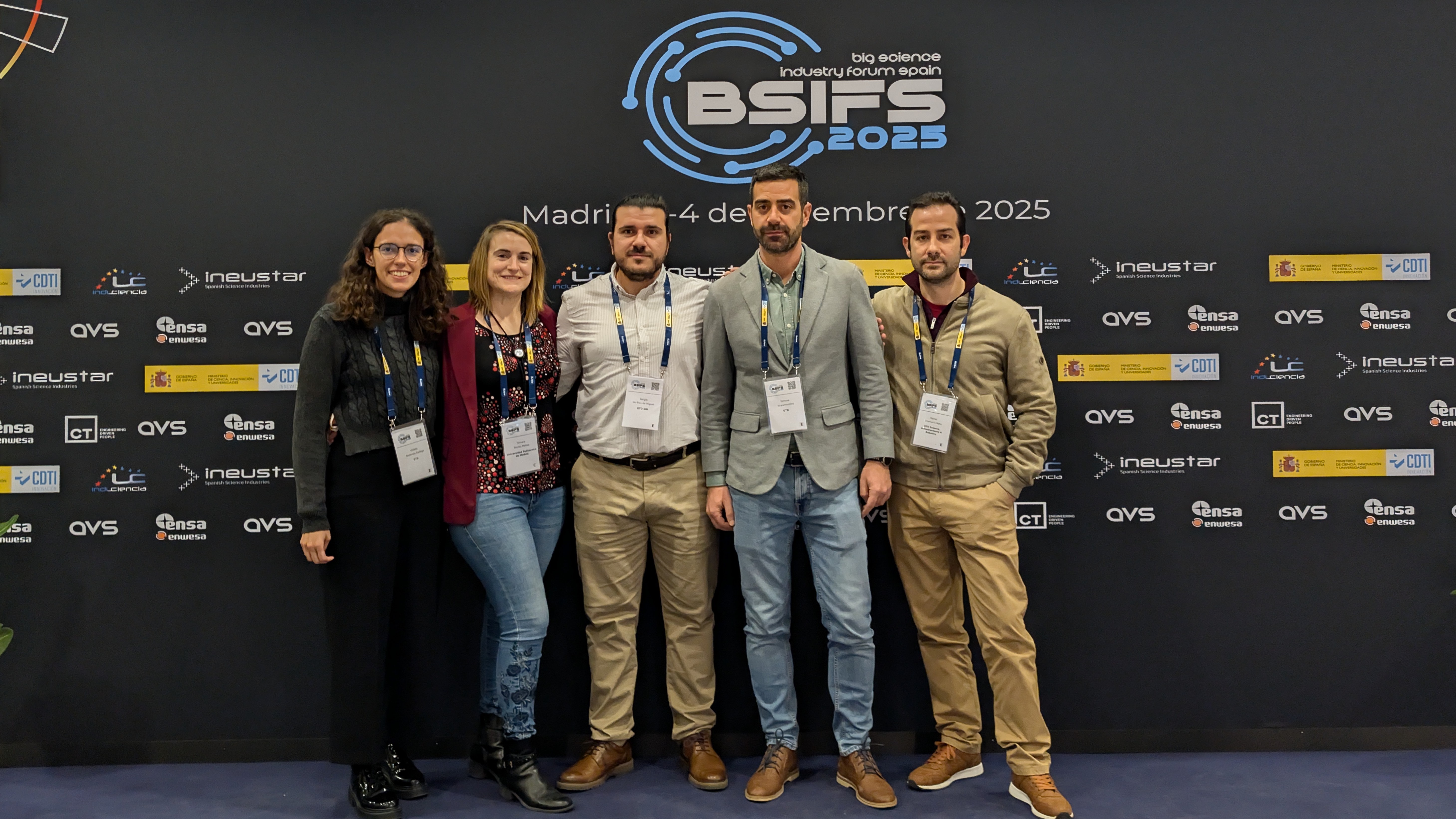SODA “Social Open Data” to Harness the empowerment of Smart Community. GTD has proposed to Barcelona City and also to several city communities belonging to Barcelona’s metropolis, a tool/system called SODA, which is the Next Generation of social networks: The real thing “The community” conveyed inside the social network. SODA is an extended social network featuring over efficient access to smart community and city managed data, information & knowledge city governance arguably out of scope. Currently, interoperability between data models and standardization are subject of major discussions. But as a matter of fact, data made available is a mere subset of existing data, mainly conditioned by privacy, but also by politic criteria; and, regarding field measurements (environmental conditions, human activity…), also constraint by the limited capillarity of public sensors infrastructures (deployment opportunity and cost). Social Open DAta (SODA) represents both a complementary approach and a breakthrough: SODA is the next generation of current “social networks”: 1. The social, economical and environmental facts of the “community” (the real things) are conveyed inside the social network. It is based on the assimilation of data coming from low-cost sensors deployed and worn by citizens in houses, workplaces, transportation, public spaces; citizens wear, carry and place sensors as a sign of community commitment. Individual, quantitative contribution is minimal; but collective, qualitative contribution is enormous, because of the ubiquity and capillarity achieved mixing public and private mobile communications infrastructure. 2. The social network is extended with a new layer featuring efficient access to smart community and city managed data, information and knowledge; both (1) emerging open-data models and (2) integrated development environments (enabling community members to easily create and deploy smart-community applications) play major roles in promoting crowd-sourced services, bottom-up innovation and citizen empowerment. The collaborative construction of a holistic model of the community is a core result of the Smart Community roadmap, and a milestone in the process of attaining sustainability. Understanding the urban metabolism and obtaining specific, operable models is one of the most valuable pieces of knowledge that a smart community can conquer. The lack of systemic insight is hindering the identification of the subtle balances that define sustainability. Overall complexity of these tasks lies in the necessary source-to-sink approach, which use to represent time and geographic extended chains of interconnected processes. BARCELONA Smart communities are real places inhabited by real people whose interests and needs are changing in the face of a dramatic shift in the foundations of the world's economy and society. In less than a year, several countries around the Mediterranean have experienced major transformations; with obviously more to come sooner than later. In all these scenarios of change, information flows in the community and its inherent, unprecedented capillarity has been essential. Barcelona and Catalonia are optimal scenarios for early adoption and demonstration of the Smart Community approach and its transformation capability: - Barcelona and Catalonia have strong community consciousness; - Size of the region is average among the largest; - Infrastructures are to European standards; and - The city has recently become Mobile World Capital. For more information, visit: http://prezi.com/clg57njbi2qr/soda-graphs/















